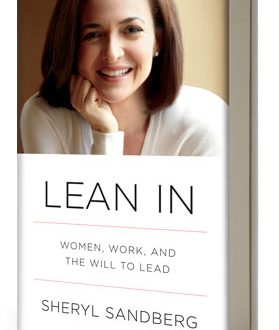A Theology of Work and Rest
Work. Whether paid or unpaid, it is how most of us spend the majority of our waking hours. We produce consumer goods, provide services, make meals, shepherd people and dreams, rear children, organize chaos, plan for the future, and then wake the next morning to do it all again. For some, work is a necessary evil, the antithesis of leisure. But for the Christian, work is part of the God-given mandate to cultivate and create. And by engaging in the acts of cultivation and creation—by working—you are imaging the Creator.
Work. Whether paid or unpaid, it is how most of us spend the majority of our waking hours. We produce consumer goods, provide services, make meals, shepherd people and dreams, rear children, organize chaos, plan for the future, and then wake the next morning to do it all again. For some, work is a necessary evil, the antithesis of leisure. But for the Christian, work is part of the God-given mandate to cultivate and create. And by engaging in the acts of cultivation and creation—by working—you are imaging the Creator.
But I must be honest. I never fully understood that my work was designed to be a reflection of God until I was told that my work pace was unpleasant to others.
In one week two different individuals shared:
“I’m not sure that I want to work full-time, if working full-time means living your life.” The implied message: “You are crazy-busy, pack your schedule too full, and don’t have appropriate boundaries. I don’t want any part of that if that is what it means to ‘work.’”
“I’ve never met someone as busy as you. Every weekend it seems like you’re running from activity to project to event.” Translation: “When do you slow down and rest? Why do you choose to live your life that way, always ‘working?’”
Even more upsetting than being told that my pace of life was distasteful to others was the realization that if my work pace was unpleasant to them, than my imaging of God was not only unpleasant to them but false.
Tim Keller, author of Every Good Endeavor, writes, “Work not only cares for creation, but also directs and structures it. In this Reformed view, the purpose of work is to create a culture that honors God and enables people to thrive.”
The failure to personally thrive in terms of a healthy work pace, prompted me to truthfully ask myself the following questions:
- Is my current work pace physically, emotionally, and spiritually healthy for myself and my family?
- Is my work pace God-honoring?
- What does work/rest balance look like?
In evaluating my motives for so busily working, I realized that I was striving for affirmation and validation, instead of seeking to bring glory and honor to God. I was also convicted that since work is a gift from the Creator, I must honor the limits of work and take time to rest.
We all want to live meaningful lives that honor God and enable human flourishing. The secret? “There is no better starting point for a meaningful work life than a firm grasp of this balanced work and rest theology (Tim Keller).”


